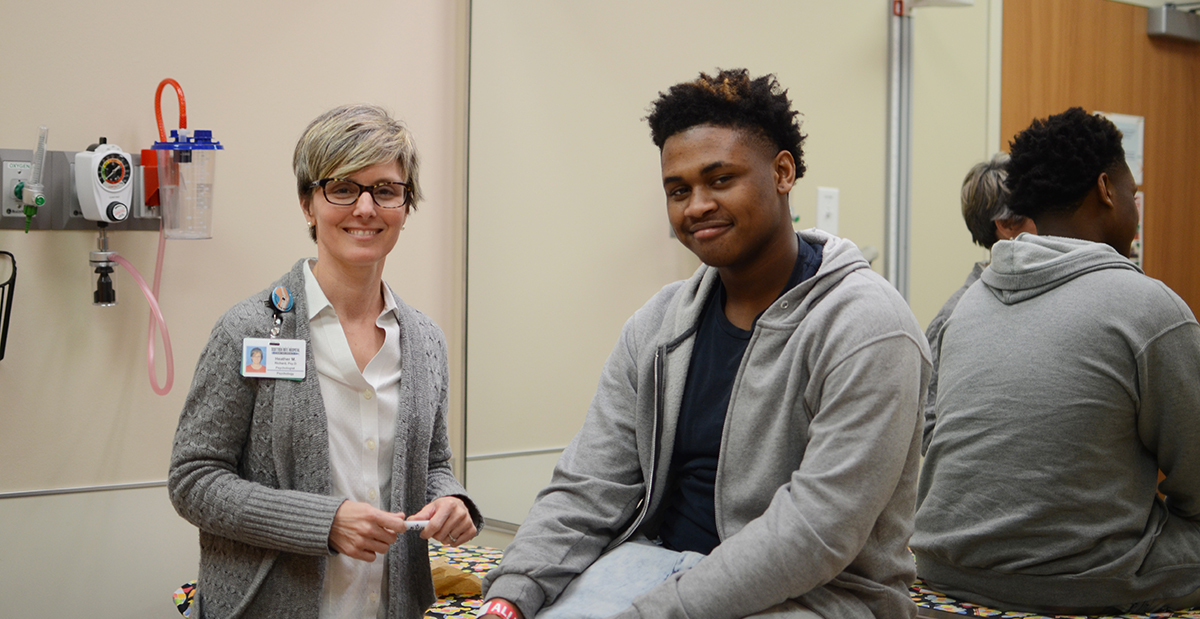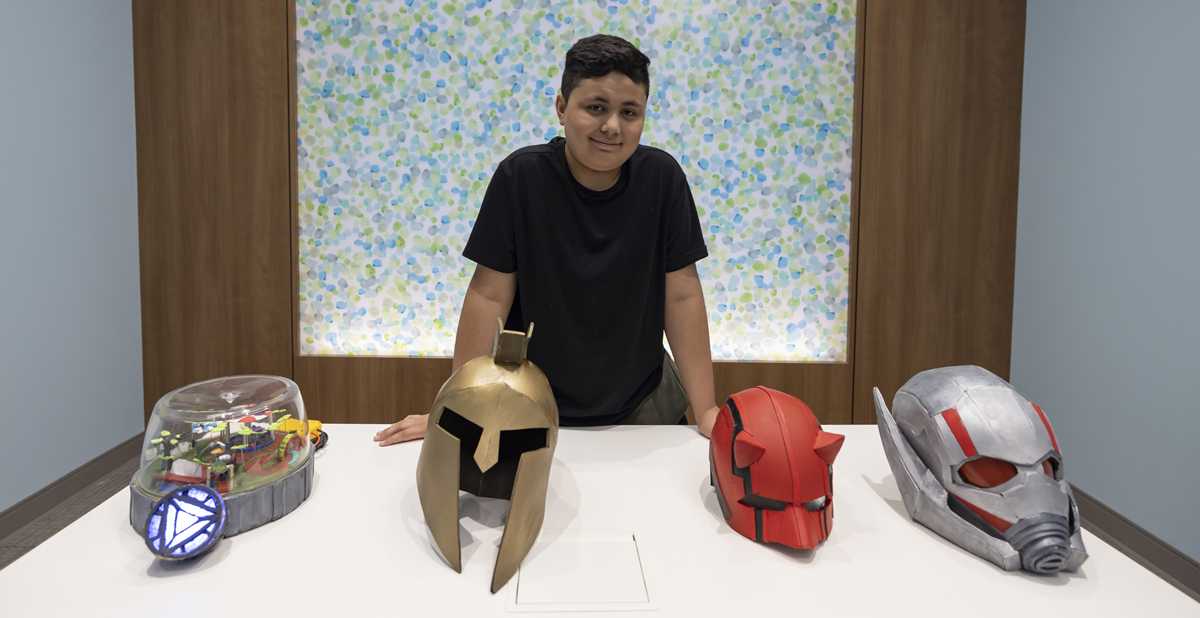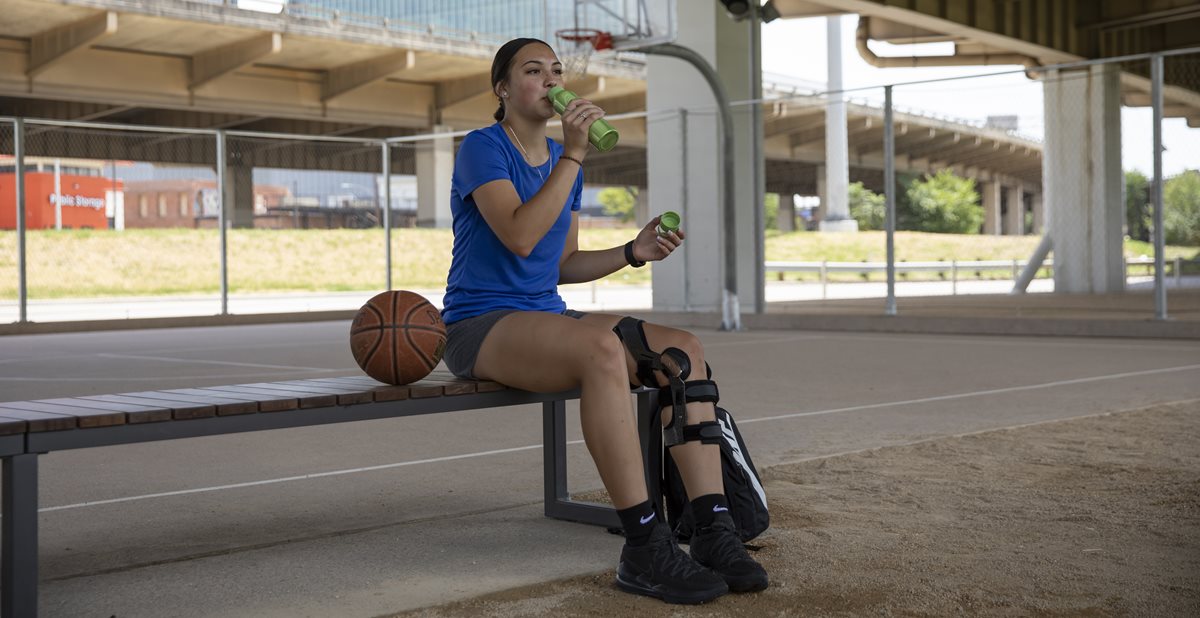
May 28, 2020 / Psychology
Psychology: The Importance of Caring for the Whole Child
At Scottish Rite for Children, patient-centered care is at the heart of what we do. As an organization that cares for the common to the complex of pediatric orthopedic conditions, our team takes an interdisciplinary approach to care for the whole child – mind, body and spirit.
The Center for Excellence in Limb Lengthening provides care to patients who would benefit from lengthening of a bone or limb reconstruction. Because of the unique and complex nature of the treatment, significant education and preparation are required prior to scheduling surgery. This includes:
Because this is a prolonged, high-maintenance treatment, a lot is required of the patients and families each day for the duration of intervention, which could be many months. It is hard to consider how this can affect school, finances, siblings, sports participation, sleep, mood and behavior. There is also discomfort at various times of intervention. Learning ways to manage pain and continue with daily life as part of limb correction is important. It is also necessary for patients to complete a daily home exercise program. Often, establishing this new habit can be challenging because it can interfere with other activities and create soreness. Working with the psychologist before surgery identifies potential challenges, assists with planning around important life events, mental readiness and coping to maximize treatment outcomes.
In our experience, we have learned that patients and parents who have goals aligned with the medical team and are physically and mentally healthy have the fewest struggles during treatment. They tend to increase function, adhere to exercise program and cope with pain and stress successfully.
Learn more about our Psychology department.
The Center for Excellence in Limb Lengthening provides care to patients who would benefit from lengthening of a bone or limb reconstruction. Because of the unique and complex nature of the treatment, significant education and preparation are required prior to scheduling surgery. This includes:
- Nursing education
- Taking vitamins
- Home exercise program
- Evaluating goals of treatment
- Logistical planning
- Mental readiness
Because this is a prolonged, high-maintenance treatment, a lot is required of the patients and families each day for the duration of intervention, which could be many months. It is hard to consider how this can affect school, finances, siblings, sports participation, sleep, mood and behavior. There is also discomfort at various times of intervention. Learning ways to manage pain and continue with daily life as part of limb correction is important. It is also necessary for patients to complete a daily home exercise program. Often, establishing this new habit can be challenging because it can interfere with other activities and create soreness. Working with the psychologist before surgery identifies potential challenges, assists with planning around important life events, mental readiness and coping to maximize treatment outcomes.
In our experience, we have learned that patients and parents who have goals aligned with the medical team and are physically and mentally healthy have the fewest struggles during treatment. They tend to increase function, adhere to exercise program and cope with pain and stress successfully.
Learn more about our Psychology department.



